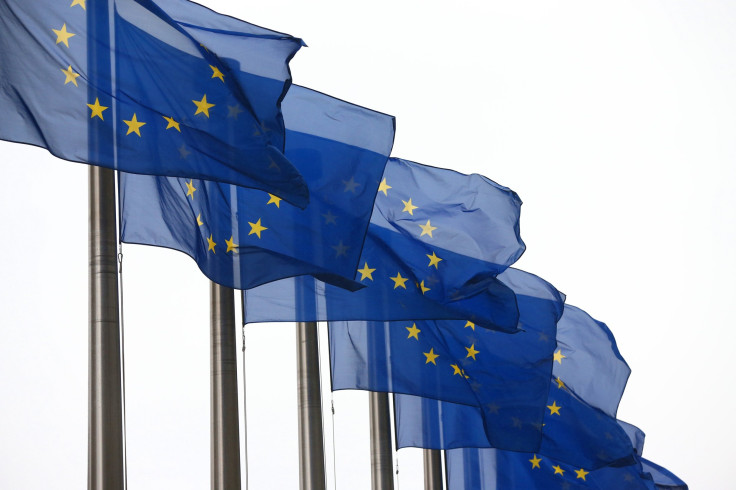Climate Change News: EU Leaders May Commit To Ambitious New Plan

EU leaders will meet Dec. 12 in Brussels, where they could commit to a plan that would cut net carbon emissions to zero by 2050. The European Commission's strategy, called the "A Clean Planet for all," was first drafted in November 2018.
"If our goal is to be a climate-neutral continent in 2050, we have to act now," European Commission President Ursula von der Leyen said Monday. "It's a generational transition we have to go through."
A draft of the joint statement suggests that the EU will move forward with the net-zero emissions plan but the finalized statement made next week could be changed.
The European Commission plans to propose a law in March that will make "make the transition to climate neutrality irreversible," according to Von der Leyen. The EU intends to invest more financially in green energy initiatives across the bloc in order to make the 2050 plan viable.
Some EU countries already have progressive net-zero emissions initiatives. Finland has said that it will cut emissions entirely by 2035, while Sweden has committed to net-zero emissions by 2045.
Poland, one of Europe's largest coal producers, has tried to delay EU climate change initiatives in the past. But the head of Poland's new climate ministry, Michal Kurtyka, recently said that he would accelerate Polish state programs that promote solar energy and remove coal and wood heaters.
At a summit in June, 24 out of 28 EU countries decided to approve the net-zero emissions by 2050 plan. Since then, Estonia has backed the strategy, but Poland, Hungary and the Czech Republic are still holding off. These nations are likely concerned about the cause of implementing the strategy. All 28 EU countries will have to approve the plan in order for it to be ratified.
© Copyright IBTimes 2025. All rights reserved.





















